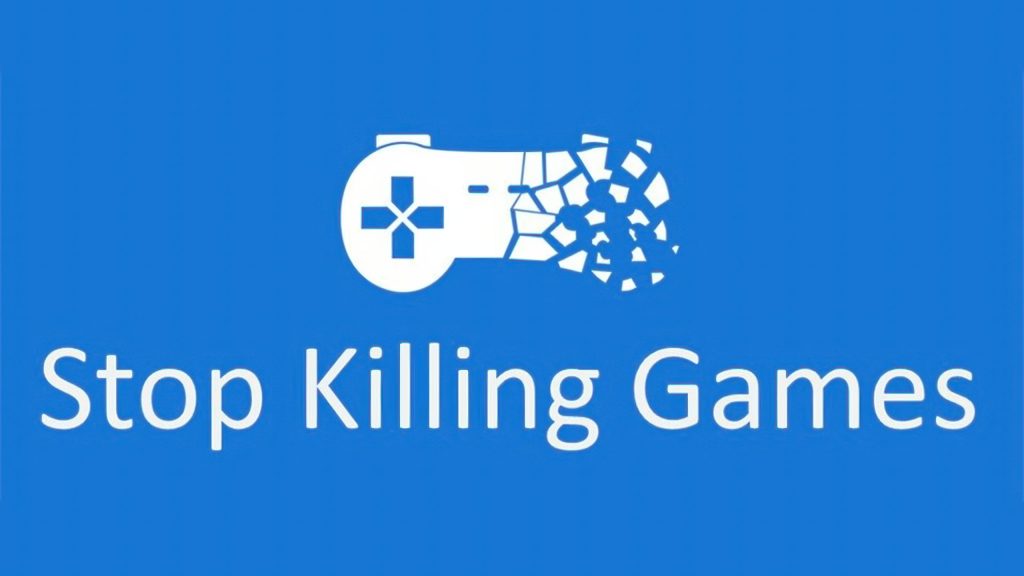Markus Persson, known globally as the creator of Minecraft, has always been a figure of both innovation and controversy in the gaming community. Over the years, he has taken to social media to voice his opinions on a range of issues pertaining to the gaming industry and society at large. One recurring theme in his commentary is his view on piracy, which he perceives as an acceptable practice under certain conditions. His latest remarks come in the context of the growing “Stop Killing Games” initiative that seeks to prevent publishers and developers from discontinuing online services, effectively rendering games unplayable.
Persson’s Stance on Piracy
Back in 2012, Persson made headlines when he publicly encouraged a Minecraft fan to pirate the game if they couldn’t afford it at the time. He stated: “Just pirate it. If you still like it when you can afford it in the future, buy it then. Also, don’t forget to feel bad. 😉” This philosophy aligns with his view that piracy does not equate to theft. During the 2011 Game Developers Conference, he famously argued that true theft results in a loss — if someone steals a car, there is one less car in existence. However, when a game is pirated, it allows for an additional copy to exist, potentially cultivating a new fan base for the game.
Piracy in the gaming industry has been a contentious topic, with opinions varying widely among developers, consumers, and publishers. According to a report by the Statista, the global video game revenue was projected to reach approximately $159.3 billion in 2020, indicating the vast market that piracy can impact. Some developers argue that piracy harms their sales and the industry overall, while others, like Persson, suggest it could serve as a form of marketing, showcasing games to new audiences.
The “Stop Killing Games” Initiative
The “Stop Killing Games” initiative has emerged in response to several high-profile games being discontinued, rendering them unplayable. The most notable case recently was Electronic Arts’ announcement that services for BioWare’s Anthem will cease on January 12, 2026, effectively killing the game. This has raised alarms among gamers who fear that many more titles could meet a similar fate.
The petition has gained significant traction, nearing 1.3 million signatures as of now, reflecting a clear desire for more robust consumer rights and the preservation of digital games. Publishers have voiced concerns that if a legislative proposal were to pass, it could lead to increased costs associated with maintaining online services—a point underscored in an article by Wccftech. This concern raises questions about the sustainability of game preservation in an industry still heavily reliant on online interactions and server infrastructure.
In light of the growing movement, Persson has reiterated his view, stating:
Community Reaction and the Future of Gaming
The discussion surrounding piracy and the Stop Killing Games initiative has sparked a vibrant debate within the gaming community. Many players resonate with Persson’s ideas, advocating for gamers’ rights to access and continue playing their favorite titles, regardless of publisher decisions. Online forums and social media platforms, such as Reddit and Twitter, have seen a surge of conversations on this topic, with some suggesting that gaming companies need to find better ways to sustain their older titles rather than shutting them down.
Markus Persson’s comments should not be viewed in isolation. They reflect a broader discontent among gamers with current industry practices that prioritize short-term profits over long-term relationships with fans. The evolution of digital distribution and the shift towards online-only games have reshaped relationships between developers and consumers. For instance, a survey by Newzoo showed that 68% of gamers believe companies should prioritize digital game preservation, highlighting consumer demand for accountability and longevity in digital titles.
As the conversation around piracy and game preservation continues, it remains to be seen how developers will adapt their business models to satisfy an increasingly vocal audience. Whether stemming from community-led initiatives or direct consumer demands, a shift in policy could ensure that many beloved titles remain accessible for future generations of gamers.

